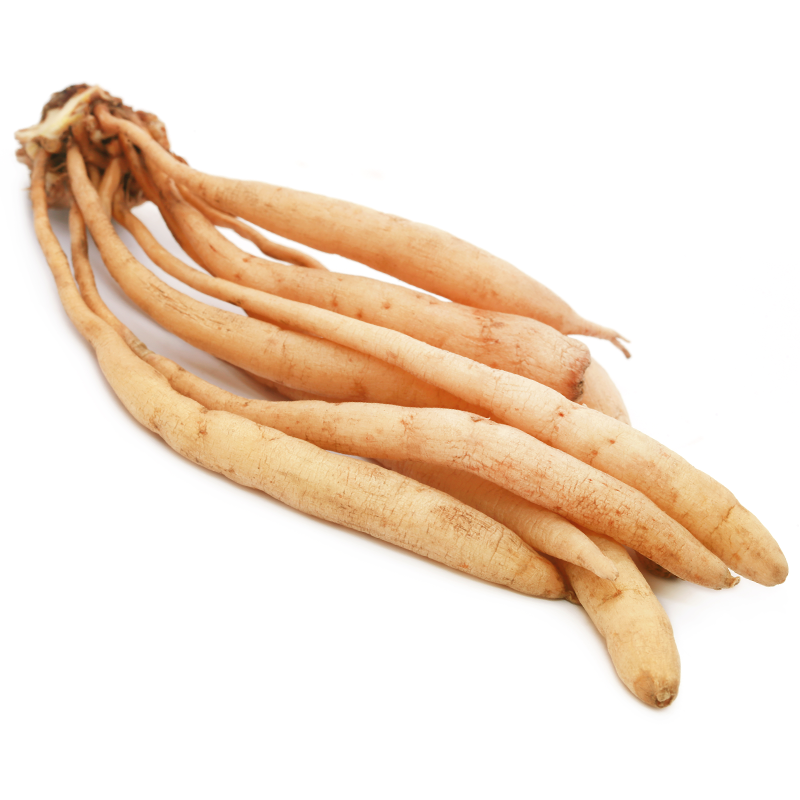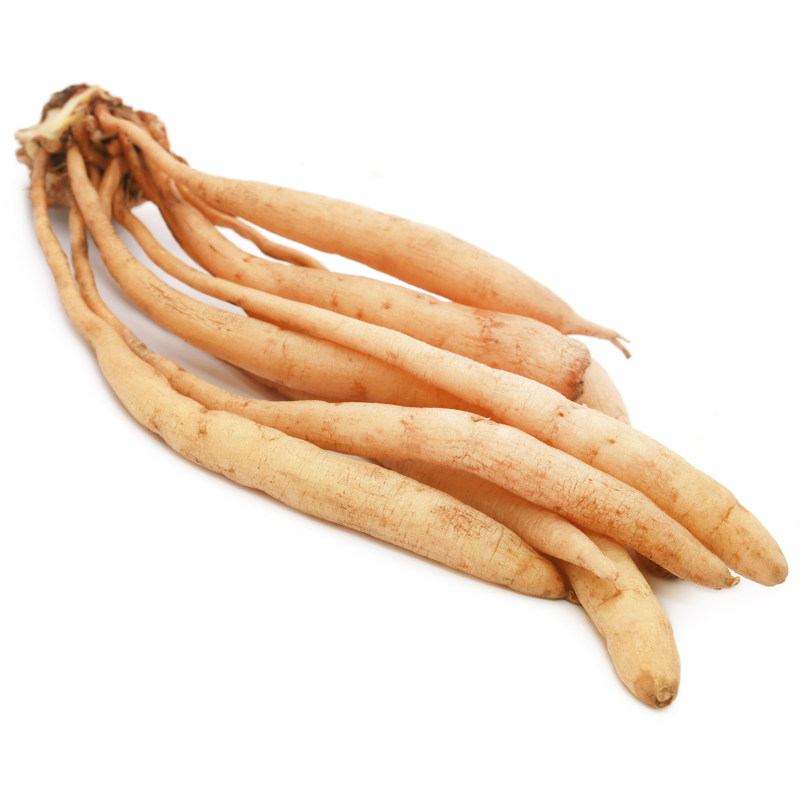Embrace the Rejuvenating Power of Traditional Shatavari
Shatavari (Asparagus racemosus), a species of asparagus, has roots used in Ayurvedic recipes for centuries. It's considered a rejuvenating tonic, especially for the female reproductive system. Known to regulate menstrual cycles and alleviate PMS symptoms, Shatavari supports fertility.
It's also recognized for immune-supporting and digestive health properties. Shatavari is nourishing and balancing, making it a valued herb in women's health and wellness practices.
More about Shatavari
Shatavari, or Asparagus racemosus, holds a distinguished place in herbal and apothecary shops, especially revered for its benefits in women's health. This herb is a source of various phytochemicals such as saponins, sapogenins, and flavonoids, which contribute to its wide range of medicinal properties.
Traditionally used as a galactagogue to enhance lactation, Shatavari is also known for its support of a healthy immune system. Its flavor profile is predominantly bitter with a hint of sweetness, making it a versatile ingredient in various herbal formulations.
In traditional Ayurvedic medicine, Shatavari is celebrated as a potent tonic, particularly for female reproductive health, aiding in fertility and vitality. Its adaptogenic qualities help in balancing hormones and managing stress, making it a valuable natural remedy. Native to India and cultivated in the tropical regions of Asia, Shatavari continues to be a cornerstone in holistic health practices, symbolizing the fusion of ancient wisdom and modern herbal care.
Know Your Ingredient: Shatavari
| Latin Name | Asparagus racemosus |
| Active Ingredients | Saponins, sapogenins, flavonoids (kaempferol, quercetin, and rutin), polyphenols, steroidal saponins like shatavarin |
| Classification Secondary Metabolite | Saponins, Flavonoids, Polyphenols |
| Flavor | Bitter, slightly sweet |
| Common Use | Traditional medicine for women’s health, galactagogue, anti-inflammatory, immunostimulant |
| Origin | Native to India, cultivated in tropical areas of Asia |


